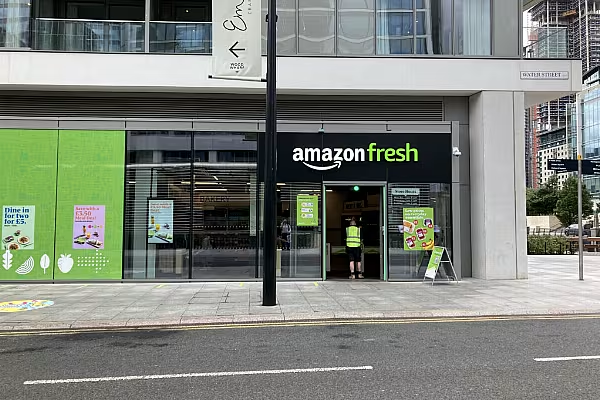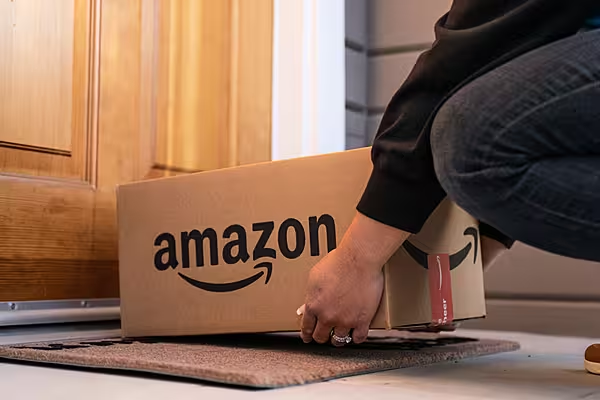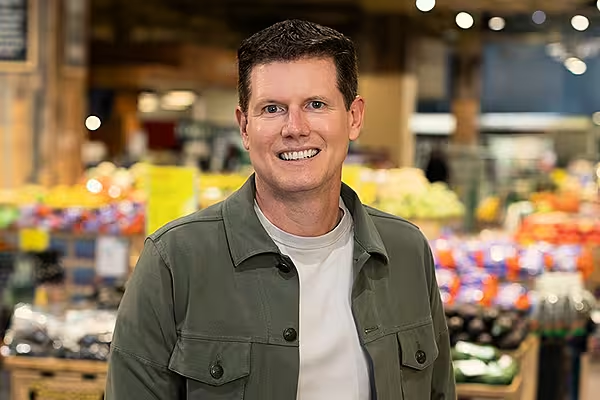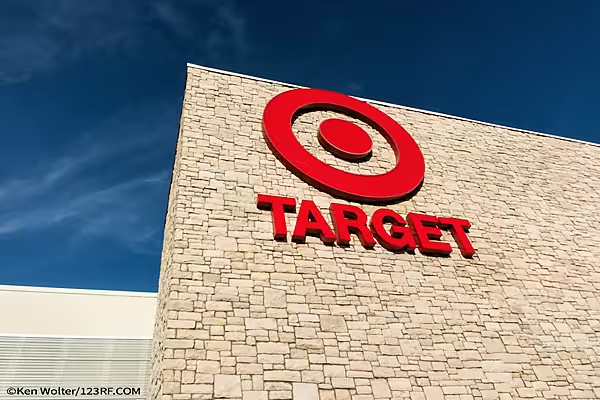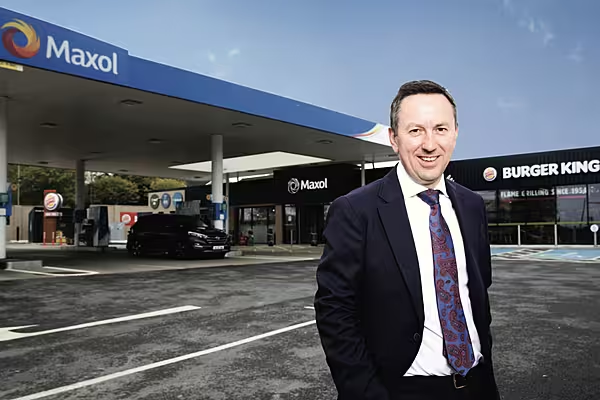This week's announcement by Amazon that it plans to shed its workforce by more than 18,000 – its biggest ever job cut – caused no shortage of ripples in the tech world, as well as the retail sector.
While it may be a mere drop in the ocean (just over 1%) of the 1.5 million that Amazon employs globally, the fact that CEO Andy Jassy singled out the group's Amazon Stores arm as accounting for "the majority of role eliminations" (alongside its HR-based People, Experience, and Technology, or PXT, business), is telling.
Having pioneered 'just walk out' technology with its Amazon Go store in Seattle in 2018 – a concept that has since been emulated around the world – Amazon set to work expanding its bricks and mortar network.
Currently, the tech giant operates 44 Amazon Fresh stores in the US, in California, Illinois, Maryland, New York, Washington, Pennsylvania, Virginia, Washington DC, and New Jersey, until recently opening them at a rate of roughly two a month.
However, in September, this came to an abrupt halt, with Amazon appearing to put a freeze on future openings – according to media reports, the fate of some planned 26 locations already in development remains unclear.
UK Network
The retailer also crossed the pond in early 2021 to open the first of what would grow to 19 Amazon Fresh stores in the UK, all bar one of which are in London.
Here too, the planned expansion of Amazon Fresh has ground to a halt, with the tech firm reportedly 'abandoning talks' on dozens of new sites, noting that sales at most locations had 'fallen short of projections'.
As an Amazon spokesperson told the Axios media network earlier this month, "We do not comment on our future roadmap."
It doesn't seem to be sharpening the knives just yet, however, for its Whole Foods business, recently announcing the rollout of its new biometric Amazon One payment system to an additional 65 stores in California.
But the faltering faith in Amazon Fresh means that Amazon's foray into physical store locations – let's not forget, at one time, it was also planning a network of downtown book stores – may not be as profitable as previously presumed.
In its third-quarter results, published in October, Amazon reported a 10% increase in net sales in its physical stores business – far from shabby, but well short of the 28% growth it garnered from its profitable AWS cloud-computing business.
Ask Alexa
The company is also thought to be disillusioned with the performance of its Alexa platform, the engine of its Amazon Echo smart speaker network, which now adorns the coffee tables of consumers around the globe.
As Business Insider put it a couple of months back, 'Amazon sold the Echo device at cost to induce people to buy things from the site, but the smart speaker never became the significant sales driver the company had hoped'.
Instead, the device is typically used for non-commercial tasks, such as playing music or setting an egg timer – little more than a 'glorified clock radio', as one wag described it in 2019.
Announcing the recent job cuts, Jassy said that the company has "weathered uncertain and difficult economies in the past, and we will continue to do so. These changes will help us pursue our long-term opportunities with a stronger cost structure."
The role that its bricks and mortar operations will play in that structure is yet to be determined.
© 2023 European Supermarket Magazine – your source for the latest Technology news. Article by Stephen Wynne-Jones. Click subscribe to sign up to ESM: European Supermarket Magazine.
